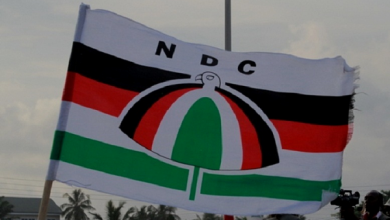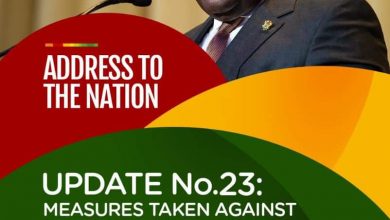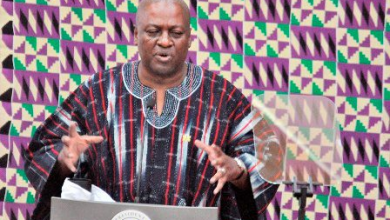Bangladesh court overturns job quota system after deadly protests
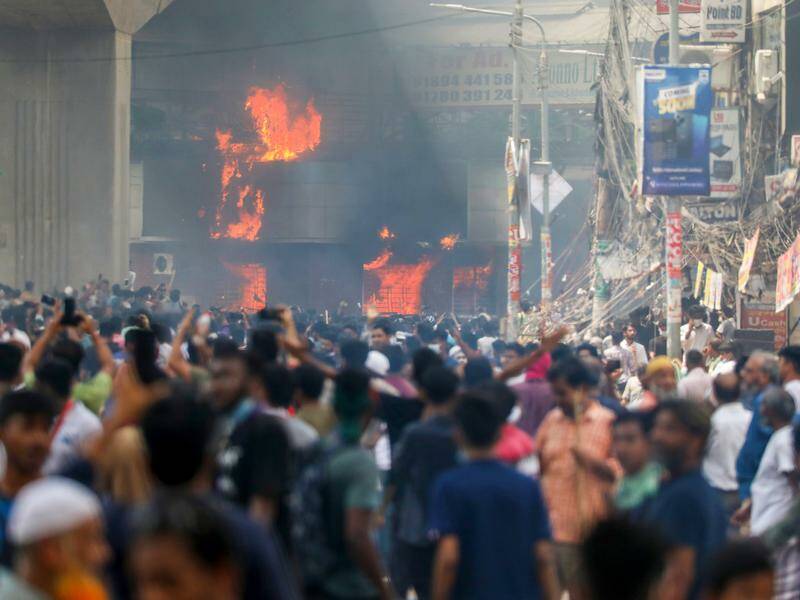
Bangladesh’s Supreme Court has overturned most of the quotas previously set aside for government jobs, which had sparked deadly protests across the nation.
The court’s decision reduces the reserved positions for veterans’ relatives from one-third to just 5% of public sector jobs.
Law Minister Anisul Huq announced that the government will enforce the ruling within days, but some student leaders have vowed to continue their protests.
Huq dismissed claims that Prime Minister Sheikh Hasina’s grip on power is weakening, stating that the public supports the government’s efforts to end the violence.
He attributed the unrest to opposition forces, accusing them of damaging “the symbols of Bangladesh’s development.”
Despite the court’s ruling, which mandates that 93% of public sector jobs be filled based on merit and the remaining 2% reserved for ethnic minorities or people with disabilities, unrest persists.
Protests had intensified after a lower court reinstated the quota system last month, leading to severe government crackdowns, including a curfew and communication blackouts.
Protest leaders, including Nusrat Tabassum, have expressed continued dissatisfaction. Tabassum said, “We applaud the court’s verdict, but our main demand is with the executive department.
Until those demands are implemented, the nationwide complete shutdown program will continue.”
The students are also calling for justice for those killed in recent clashes, the release of detained protest leaders, restoration of internet services, and resignations of government ministers.
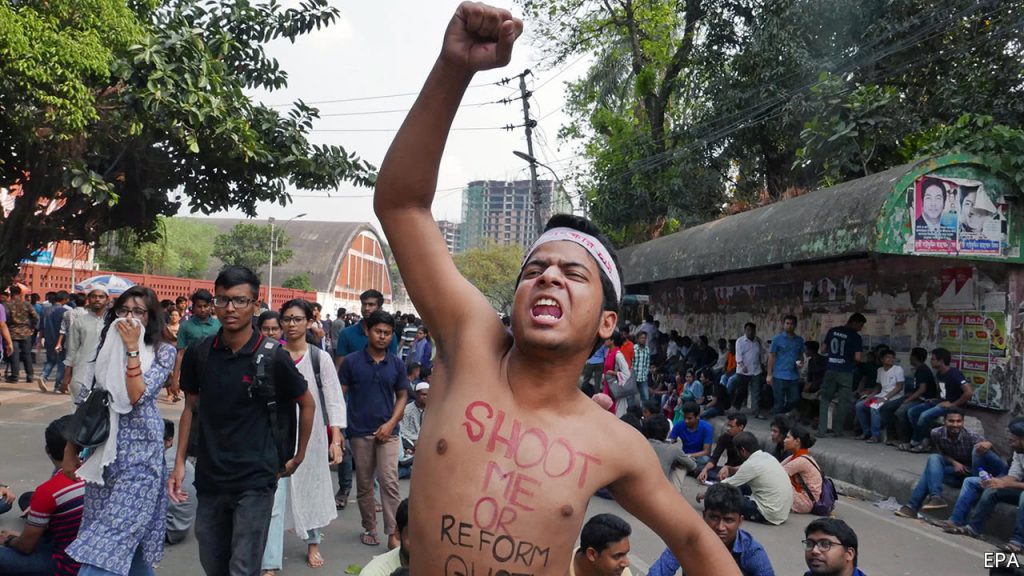
The violence has led to at least 115 deaths, with some reports suggesting a higher toll.
Clashes continue even with a second day of curfew in Dhaka, and incidents of arson have damaged government buildings and the metro system.
There have been reports of more than 800 prisoners escaping from a Dhaka prison, with 58 recaptured so far.
Analyst Kamal Ahmed criticized the quota system as a means for the ruling Awami League party to entrench its influence, stating that the protests reflect a broader dissatisfaction with corruption, lack of accountability, and rising living costs.
Law Minister Huq denied these claims, asserting that the system benefited many who were freedom fighters or supporters of them.
Bangladesh’s rapid economic growth has not alleviated high unemployment rates among university graduates, with around 18 million young Bangladeshis seeking jobs.
Source-BBC


